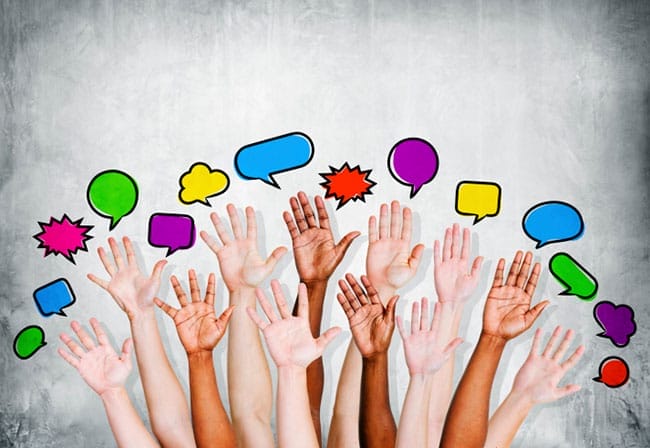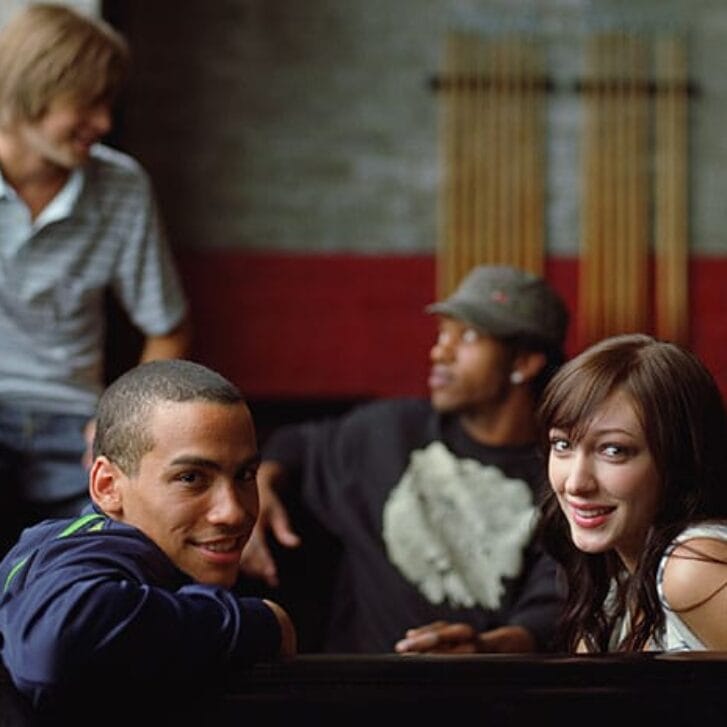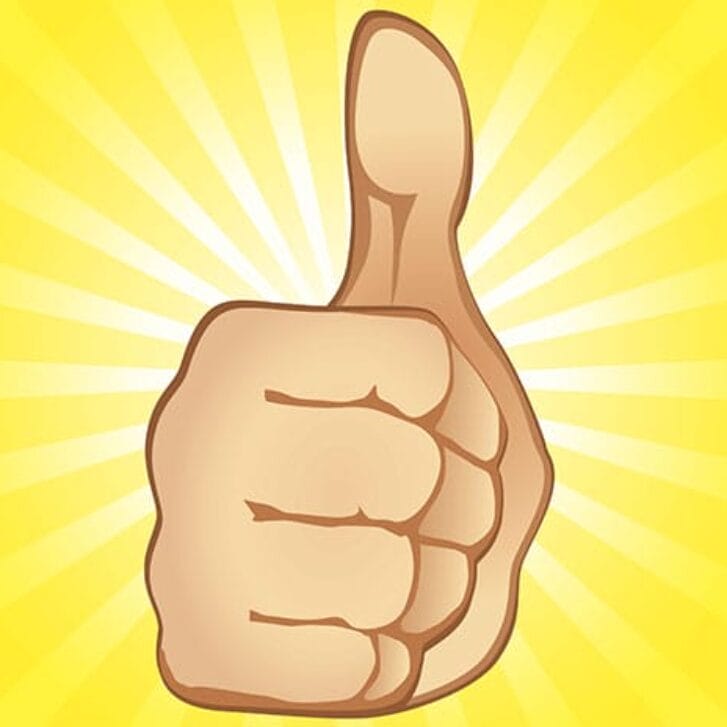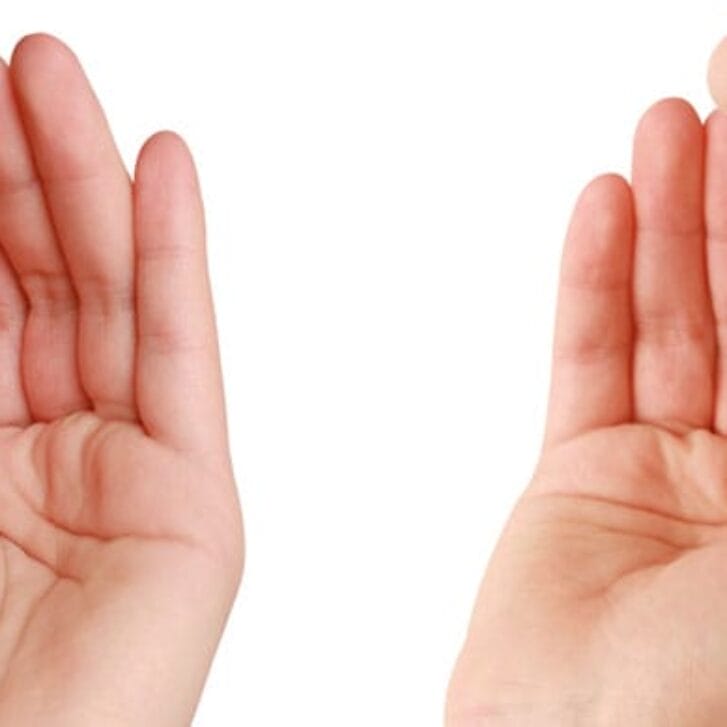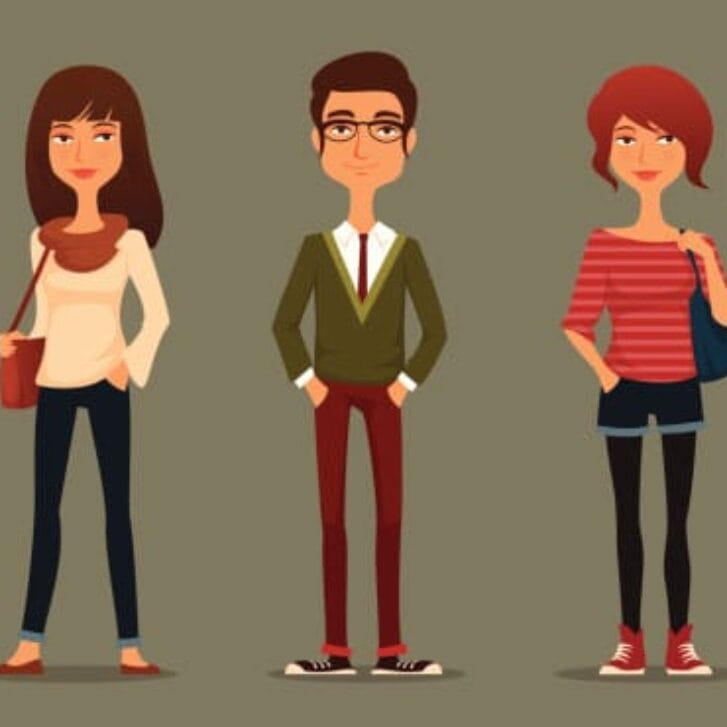While many people can remember the screeching sounds of dial-up Internet and fax machines, most millennials don’t have a frame of reference for it. In fact, it’s difficult for many millennials to imagine a world without unlimited connectivity. Millennials have grown up immersed in the latest gadgets that level the playing field—the concept of democracy no longer just applies to our government.
Now, everything has been democratized so that consumers have a say in almost every aspect of their personal universe. We refer to this new ideology or mindset as the “Democratization of Fairness”:
- I don’t have to be wealthy to have access to information.
- I don’t have to be wealthy to hire a camera team when I sky dive – GO PRO will join me.
- I am empowered; I have more choices than any generation every before me.
The shift of power from brands to consumers, and from uninformed to fully informed, has truly leveled the playing field. What’s changed? Everyone has a voice, and the strongest brands of tomorrow will be the ones that listen, inspire and engage. The brands that shout the loudest because they have the largest budget will not always be guaranteed success—and to millennials, that seems fair.
Social media has paved the way for empowered voices. Twitter, Facebook and other networks have especially allowed consumers to voice their opinions on important matters and in real time. You might think that an article on the importance of Twitter is a few years late, but let’s mull this over. When something newsworthy happens, we used to only look for cues from experts, celebrities and politicians. Now, we may look to find out what’s trending online. People are more invested in starting movements for top news stories like Michael Brown’s death, Ray Rice and the Ice Bucket Challenge.
However, actions speak louder than words, right?
Brands can level the playing field too. Uber and Lyft are ride-sharing platforms that allow alternative transportation for regular people from other regular people. In fact, Uber’s motto is “for the people, by the people.” Sounds democratic yet? By the way, what’s the cost of a cab license in NYC? Not so democratic, huh?
It doesn’t stop there. GoPro and Instagram have helped people turn into photographers, adding filters to everything from sunsets to pretzel bread sandwiches. Platforms like Kickstarter have allowed people to become investors in products and ideas that they are passionate about; they’ve allowed ordinary people to fundraise without road shows.
Democratization has transformed the roles of key stakeholders, allowing consumers to drive how brands interact as well as market to their partners who are no longer a target audience. Whereas brands once relied on creative excellence, they have now turned to content excellence. This transition has also led the way for more user-generated content, with brands like Coca-Cola and Miller Lite creating entire campaigns around content sent to them by their brand fans.
Having grown up through the recession and now handling more student debt than any previous generation, millennials have often received a bad rap for being “cheap.” However, millennials have continually looked for new ways to collaborate and make each other’s lives easier and more purposeful. As more industries continue to democratize “Millennial Mindset” consumers—those who embrace the philosophy of Democratization of Fairness regardless of actual age—will reward brands that are fair, authentic and create differentiation that resonates with the valuable consumer.
Editor’s note: Julie Ray and Brendan Shaughnessy contributed to this piece. The original version appeared on psfk.com on Oct. 2.




















